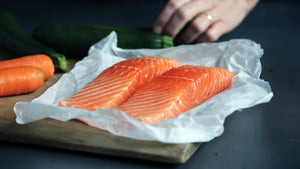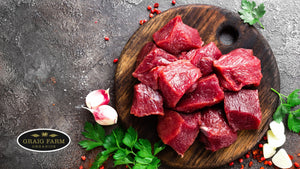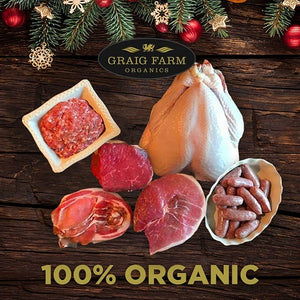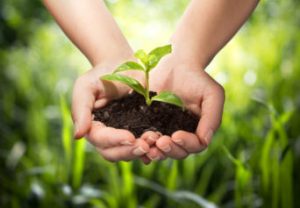What are the advantages of organic farming?
What are the advantages of organic farming?
Organic farming and food may have once been considered a fad, but choosing to buy and eat organic produce has become very much part of the mainstream shopping habits.
According to a whole host of surveys, nearly half of us regularly buy organic produce, and that’s despite the fact that some items can cost a bit more than their non-organic equivalent. The recent recession saw a real spike in food prices and pressure on the weekly shopping bill meant some converts to organic reverted to their old and cheaper intensively farmed alternatives.
Although price is still a factor for many of us, noticeably superior taste remains one of the main reasons why people switch to organic produce. An organically grown apple may not be as uniform and perfect looking – almost to the point of artificiality – of the conventionally grown one, but when it comes to texture and taste, organic wins hands down every time. It’s how an apple is meant to taste.

Okay, so why does organic taste better?
The superior taste found in organically grown fruit and vegetables is thanks to the high levels of natural sugar that is a result of the plants themselves being more naturally nourished.
It stands to reason that livestock fed on organically grown crops and cereals will also provide us with tastier meat.

What about health benefits?
Conventional farming methods deploy a lot of chemical pesticides, some 500 or so over the course of a year. Some fruit and vegetable crops, for example, will be sprayed with a cocktail of chemicals up to ten times before they reach the supermarket. That’s not to say these are harmful to our health, although many experts believe that long-term consumption of herbicides does put us at risk and could be linked to various cancers.
Given the choice, most people would prefer to eat chemical-free, organically grown produce and meat that has been reared on organically grown produce.
Benefits to farmers
Since modern organic farming methods exclude the use of agrichemicals, crops can actually develop naturally higher resistance to diseases and pests, if and when they do this can be passed on as a direct benefit to the farmer.
Any fertilisers that are used in organic farming come from the likes of natural green manure and on-site composting. Some organic farmers will use a microbial spray on crops. All of this helps to produce fertile, living soil.
Those who use conventional farming methods including pesticides and fertilisers often cite the higher yield they get when compared to organic farmers, but at what cost to the environment? In the short term, heavily fertilised fields will certainly be productive but over time the soil is diminished, calling for the use of more chemicals to try and boost flagging yields.
By comparison, organic farming relies on stable soil fertility that isn’t manipulated using chemicals. It’s all about maintaining healthy soil and ensuring sustainability in a way that does not harm the environment. In many ways, organic farming can be more hands on but, going by taste alone, the benefits to both us and the animals who feed on the produce is surely worth the effort.

Graig Farm organics is an internet based organic mail order business, with a strong on-line presence, Graig Farm organics can provide their award winning produce from their farm in Wales to customers nationwide.
- Graig Farm





